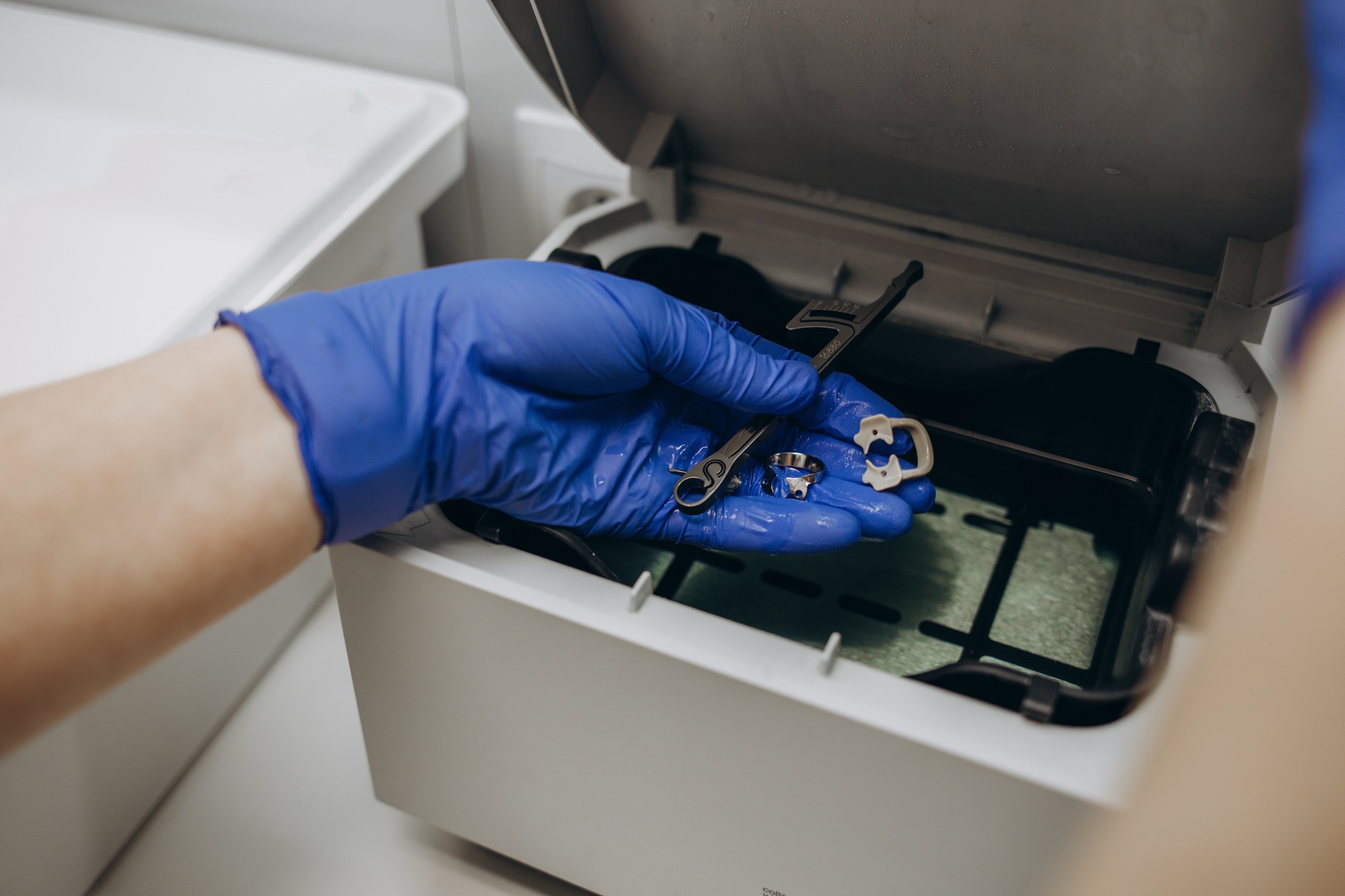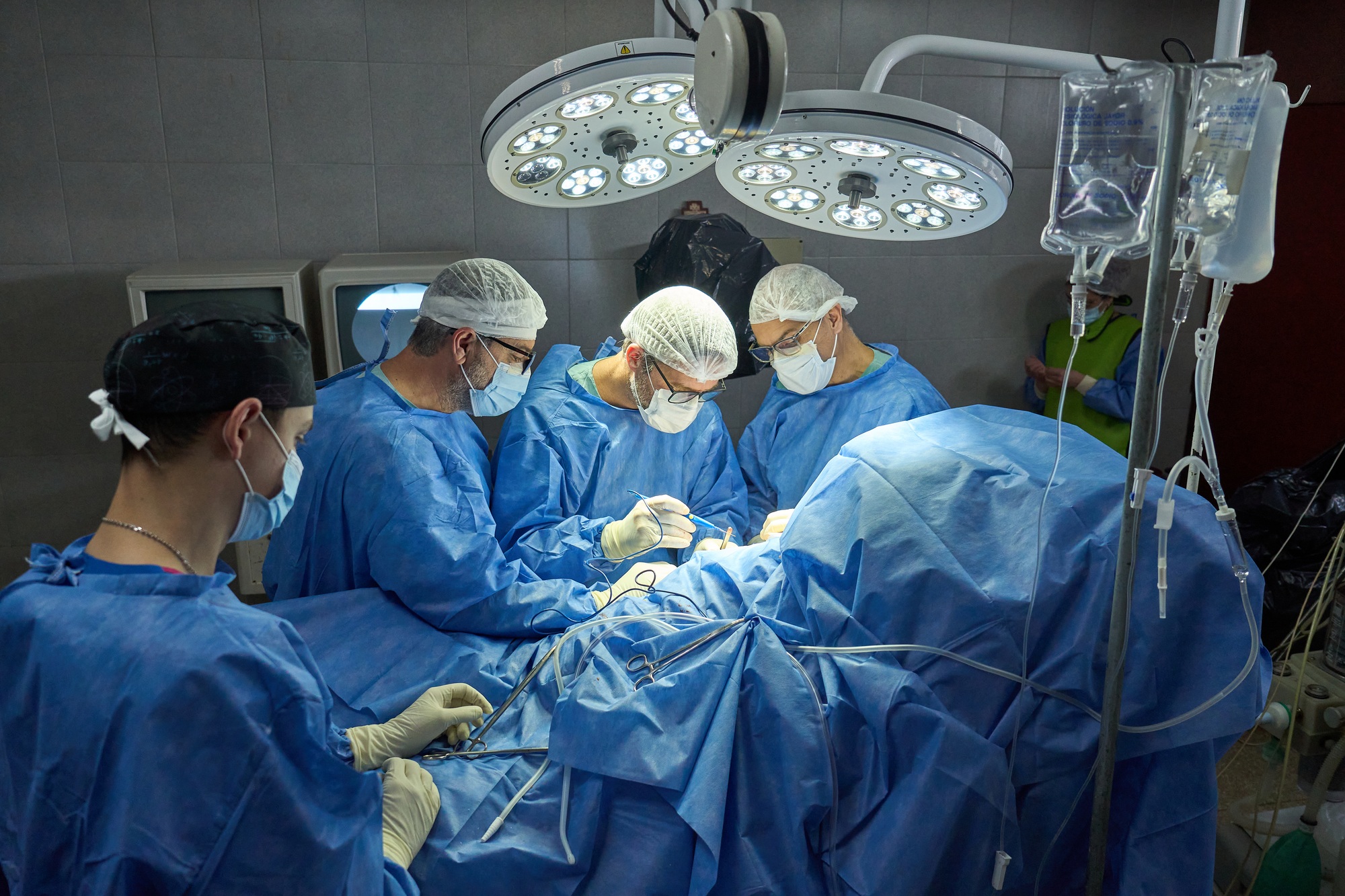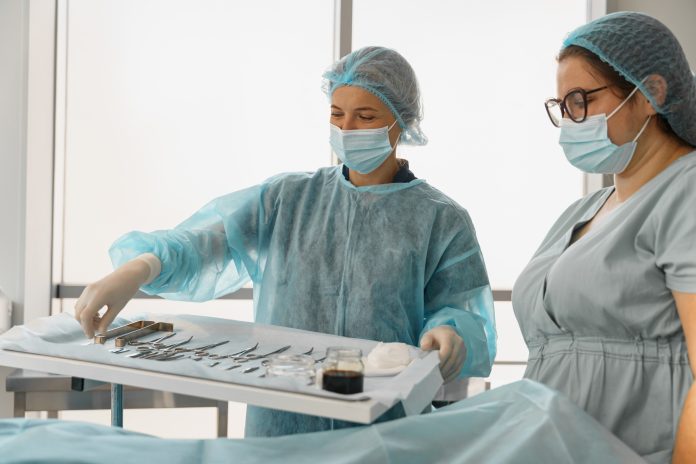Key Takeaways

- Role of Surgical Technologists: Surgical technologists play a vital role in operating rooms, assisting surgeons and ensuring a sterile environment for safe surgeries.
- Key Responsibilities: Major tasks include preparing surgical instruments, maintaining sterility, assisting during operations, and supporting post-operative care.
- Required Skills: Essential skills encompass effective communication, technical proficiency with surgical instruments, and a strong attention to detail.
- Educational Path: A formal education program in surgical technology, often lasting 1 to 2 years, is necessary for career entry, with certification enhancing employment prospects.
- Career Growth: The job outlook for surgical technologists is favorable, with a projected growth rate of 7% over the next decade, offering various specialization opportunities.
- Specialization Benefits: Pursuing specializations can increase job marketability and enhance career advancement options within the surgical tech field.
If you’re considering a career in healthcare, becoming a surgical tech might just be the perfect fit for you. Surgical technologists play a crucial role in the operating room, ensuring that surgeries run smoothly and safely. With a blend of technical skills and a passion for patient care, you’ll be an essential part of the surgical team, assisting surgeons and nurses throughout various procedures.
In this article, you’ll discover what a surgical tech job entails, from the daily responsibilities to the skills required for success. Whether you’re exploring this career path or simply curious about the role, understanding the job description will give you valuable insights into this rewarding profession. Get ready to dive into the world of surgical technology and see if it aligns with your career aspirations.
Overview of Surgical Tech Job Description

Surgical technologists play a crucial role in healthcare settings, particularly in operating rooms. Your primary responsibilities include preparing surgical instruments, ensuring the sterile environment, and assisting surgeons during procedures. These tasks require a blend of technical skills and attention to detail.
Key Responsibilities
- Preparing Instruments: You arrange surgical tools and equipment before operations, ensuring everything is complete and sterile.
- Maintaining Sterility: You uphold aseptic techniques throughout all procedures, monitoring equipment and supplies to prevent contamination.
- Assisting Surgeons: You provide direct support to the surgical team by handing instruments, engaging in suctioning, and occasionally managing other technical tasks during surgery.
- Post-Operative Care: You help in cleaning the operating room, disposing of contaminated materials, and restocking supplies for the next procedure.
Required Skills
- Communication Skills: You must communicate effectively with the surgical team to ensure smooth operations.
- Technical Proficiency: You need knowledge of surgical instruments and procedures, enhancing the efficiency of the surgical process.
- Attention to Detail: Maintaining precise focus on tasks is essential to uphold safety standards in the operating room.
Surgical technologists contribute significantly to patient care and the efficiency of surgical teams. Understanding your role in this environment ensures successful collaborations and optimized patient outcomes.
Key Responsibilities

Surgical technologists play a crucial role in the operating room, ensuring the surgical team functions seamlessly. Their responsibilities encompass a variety of tasks that support both the surgeons and the overall surgical process.
Assisting Surgeons
You assist surgeons by acting as their “third hand” during operations. By passing sterile instruments and supplies as required, you facilitate the procedure’s success. You help set up advanced surgical equipment, including robotics, and may hold organs to allow the surgeon to focus on vital tasks. Your knowledge of surgical protocols enhances efficiency and safety throughout the operation.
Preparing Surgical Instruments
You prepare surgical instruments meticulously before each procedure. Ensuring that all tools are sterile and organized allows for quick access during surgery. You check the functionality of each instrument and communicate any issues to the surgical team, maintaining high standards of readiness and safety.
Maintaining Sterile Environment
You maintain a sterile environment in the operating room, crucial for patient safety. By adhering to strict sterilization processes, you significantly reduce the risk of infections. You also anticipate the needs of the surgeon, ensuring all necessary instruments and supplies are readily available while upholding cleanliness and order throughout the surgical process. Managing these aspects effectively is essential in a small business medical setting, where every detail matters.
Required Skills and Qualifications

A surgical technologist must possess a unique blend of technical expertise and personal attributes. These qualities enable you to thrive in a fast-paced surgical environment, making your role essential to the surgical team’s success.
Educational Requirements
You must complete a formal education program in surgical technology, typically offered by community colleges or vocational schools. These programs usually last 1 to 2 years and culminate in a diploma or an associate degree. Coursework often includes anatomy, medical terminology, surgical procedures, and patient safety. Additionally, hands-on clinical experience in an operating room is a vital component of your education.
Certifications
Certification enhances your qualifications and employs trust among employers. The National Board of Surgical Technology and Surgical Assisting (NBSTSA) offers the Certified Surgical Technologist (CST) credential. To obtain this certification, you must pass an exam following your formal education. Maintaining certification requires ongoing continuing education, ensuring you stay updated on industry standards and best practices.
Personal Attributes
You should also cultivate specific personal attributes to excel as a surgical technologist. Attention to detail ensures that all instruments and equipment are sterile and functioning correctly. Strong communication skills facilitate collaboration with surgeons, nurses, and anesthesiologists. Additionally, adaptability and the ability to remain calm under pressure are crucial, as surgical environments can be unpredictable.
Understanding these skills and qualifications can help you or your small business in staffing surgical technologist positions effectively, leading to improved outcomes in surgical procedures.
Career Opportunities and Growth

Surgical technologists enjoy various career opportunities and growth potential in the healthcare field. Demand for skilled surgical techs continues to rise, ensuring job stability and diverse employment options within surgical departments.
Job Outlook
The job outlook for surgical technologists remains promising, with a projected growth rate of 7% from 2021 to 2031 according to the U.S. Bureau of Labor Statistics. This growth stems from advancements in medical technology and an increase in surgical procedures. As businesses look to staff their surgical teams effectively, the need for qualified surgical technologists will expand, providing ample job opportunities across various healthcare settings like hospitals, outpatient centers, and surgical clinics.
Specializations within Surgical Technology
Surgical technologists can pursue specializations to enhance their expertise and marketability. Common specializations include:
- Cardiovascular Surgical Technologist: Focuses on procedures related to the heart and blood vessels.
- Neurosurgical Technologist: Assists with surgeries involving the brain and spinal cord.
- Orthopedic Surgical Technologist: Works specifically in orthopedic surgeries, dealing with bones and joints.
By gaining specialized skills, you can increase your value as an employee in a small business, benefiting both your career progression and your employer’s staffing needs.
Conclusion

A career as a surgical technologist offers you the chance to play a crucial role in the operating room. With a blend of technical skills and patient care, you’ll be an essential part of the surgical team. The responsibilities you take on, from preparing instruments to maintaining a sterile environment, are vital for successful surgeries.
As you consider this rewarding profession, remember the importance of communication, attention to detail, and adaptability. These qualities not only enhance your effectiveness but also contribute to patient safety and satisfaction. With a promising job outlook and opportunities for specialization, pursuing a path in surgical technology can lead to a fulfilling career that makes a real difference in healthcare.
Frequently Asked Questions

What does a surgical technologist do?
Surgical technologists assist in the operating room by preparing instruments, maintaining a sterile environment, and helping surgeons during procedures. They act as the “third hand” for surgeons, ensuring everything runs smoothly and safely.
What skills are required to be a surgical technologist?
Key skills include effective communication, technical proficiency, attention to detail, and the ability to remain calm under pressure. These skills help surgical technologists thrive in the fast-paced operating room environment.
What education is needed to become a surgical technologist?
To become a surgical technologist, one typically needs to complete a formal education program in surgical technology, lasting 1 to 2 years. This program usually results in a diploma or associate degree.
Is certification necessary for surgical technologists?
While certification is not mandatory, obtaining credentials like the Certified Surgical Technologist (CST) from the NBSTSA can enhance job prospects and build trust with employers, making candidates more competitive.
What is the job outlook for surgical technologists?
The job outlook for surgical technologists is promising, with a projected growth rate of 7% from 2021 to 2031. Factors such as advancements in medical technology and an increase in surgical procedures drive this growth.
Can surgical technologists specialize in specific areas?
Yes, surgical technologists can pursue specializations in areas such as cardiovascular, neurosurgical, and orthopedic surgical technology. Specializing can enhance expertise and marketability in the job market.
What personal attributes are important for surgical technologists?
Important personal attributes include attention to detail, strong communication skills, adaptability, and the ability to stay calm under pressure. These traits are essential in navigating the challenges of the operating room.
Image Via Envato



